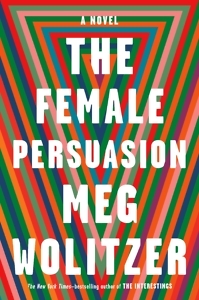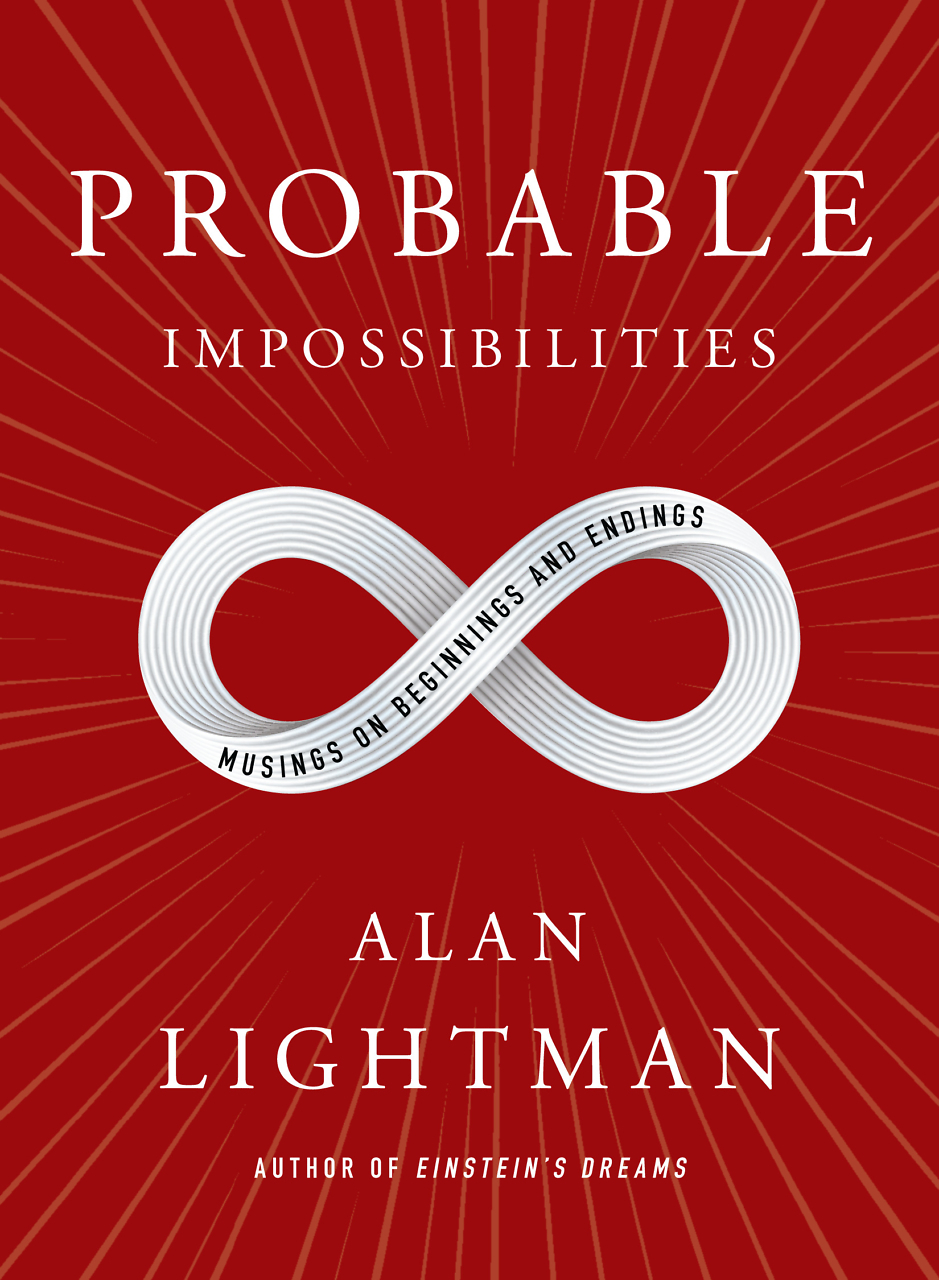Permission Slip
Meg Wolitzer’s The Female Persuasion depicts a feminist tussle between generations
Meg Wolitzer’s new novel, The Female Persuasion, feels uniquely contemporary. When a recent college graduate goes to work for a legendary second-wave feminist writer, she undergoes an initiation into her own ambitions and conscience. Filled with characters who have answered the call toward political activism, The Female Persuasion focuses on the relationship between mentor and mentee, allowing challenging questions to surface about the staying power of ideals.

An intense but shy college freshman, Greer Katedsky has only begun to plot her course in the world when she first encounters the feminist heroine Faith Frank. Materializing on the campus of her middling college like a mirage from the glamorous wider world, Faith represents something vital that Greer longs to awaken within herself. Next to her bolder, more self-assured best friend, Greer often feels herself shrink, and she wonders why she struggles to speak up, even when it matters most. So when Faith singles out Greer as a young woman with exceptional promise, the effect is dazzling. Greer rises to the challenge and goes to work for her idol.
In her long, very public career as a writer and editor, Faith Frank has watched her public image reach its shiny zenith and then take a long, uneasy slide into murkier terrain. Her feminist magazine, Bloomer, may have fought brave cultural battles in its heyday, but in the contemporary atmosphere of feminist blogs—not to mention brutal comment threads—the magazine’s comparatively soft approach has attracted enough criticism to hasten its demise. When Greer enters Faith’s orbit, the older woman still commands a large audience and the devotion of an admiring staff at her new, corporately funded women’s foundation. But her legacy seems more tenuous than ever.
Prominent in Faith’s charming allure as an advocate is her uncanny ability to fill other women’s sails. In her mesmerizing speeches, the branding of her foundation, and her encouragement of promising talent, Faith emphasizes the importance of giving women permission. For Greer, even Faith’s business card carries a talismanic, open-sesame power, for in entrusting it to her, “Faith was giving her permission. But permission to do what?”
 Both women work tirelessly for women’s rights, but right away Greer sees that she must adjust her own vision in order to serve Faith’s. The new foundation has corporate leanings, and for a star-struck newbie being mentored by a cultural icon, such compromise seems like an easy trade-off. But Greer is learning fast, and soon she begins to recognize real consequences in her life: “Your twenties were a time when you still felt young, but the groundwork was being laid in a serious way, crisscrossing beneath the surface. It was being laid even while you slept. What you did, where you lived, who you loved, all of it was like pieces of track being put down in the middle of the night by stealth workers.”
Both women work tirelessly for women’s rights, but right away Greer sees that she must adjust her own vision in order to serve Faith’s. The new foundation has corporate leanings, and for a star-struck newbie being mentored by a cultural icon, such compromise seems like an easy trade-off. But Greer is learning fast, and soon she begins to recognize real consequences in her life: “Your twenties were a time when you still felt young, but the groundwork was being laid in a serious way, crisscrossing beneath the surface. It was being laid even while you slept. What you did, where you lived, who you loved, all of it was like pieces of track being put down in the middle of the night by stealth workers.”
Alongside Greer’s path into adulthood, The Female Persuasion also follows her longtime boyfriend, Cory, and best friend, Zee, as they grapple with their own choices and obstacles. Both characters ultimately earn our deep empathy as they struggle to discover an honest sense of purpose when their initial images of themselves are battered by unexpected setbacks. These characters pull Greer momentarily out of the laser focus of her activism work and breathe air into the story at crucial points when Faith’s glitzy Manhattanite activist world might otherwise begin to feel suffocating.
Embodied in the push-pull of love and ego between Greer and Faith, intergenerational feminist tussles fuel the tension in this sharp, witty, and full-hearted novel. Given the novel’s premise, its plot may seem conjured specifically for this precise cultural moment, as our news apps and social-media feeds burst with stories of the #MeToo movement and the challenges to privilege inside contemporary feminism. But The Female Persuasion is a novel built to last. The inner lives of its central characters unfold with great tenderness but also with the kind of emotional accountability that keeps readers loyal to them, even as they make mistakes or try imperfectly to make good.
Like Greer’s personal journey, The Female Persuasion begins in a lonely freshman dorm room, only to open further and further outward in a sweeping scope. Wolitzer pushes her characters to examine their egos, privilege, and hypocrisy, but never once does she drag down the story’s momentum in order to preach. She has an exceptional gift for presenting her characters’ political work in thoughtful, unself-conscious ways. Their world comes to us in full, startlingly fresh description, and so do their ideas-which makes this novel especially tough to put down. Wolitzer has done more than create a vibrant depiction of contemporary activism. She has also crafted a story with considerable suspense and a satisfying payoff.

Emily Choate holds an M.F.A. from Sarah Lawrence College. Her fiction has been published in Shenandoah, The Florida Review, Tupelo Quarterly, and The Double Dealer, and her nonfiction has appeared in Yemassee, Late Night Library, and


